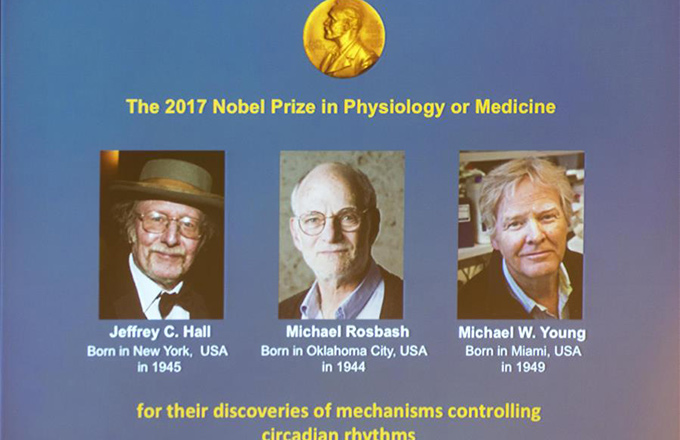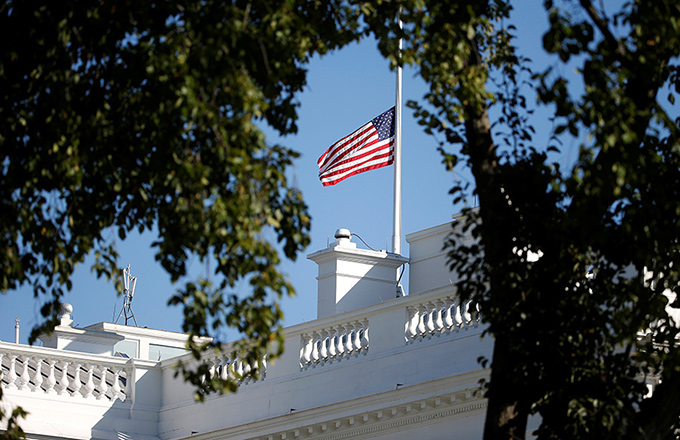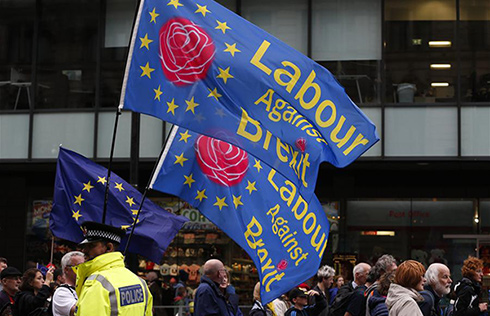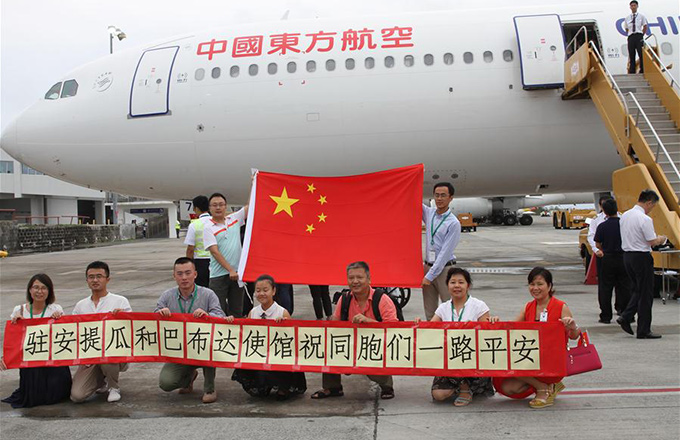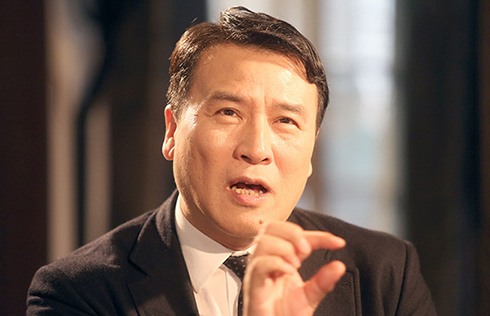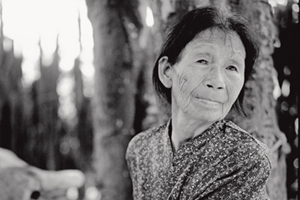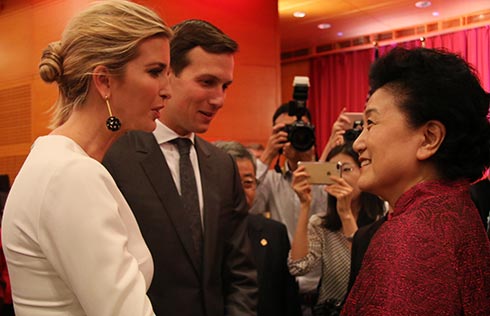ICAN wins 2017 Nobel Peace Prize
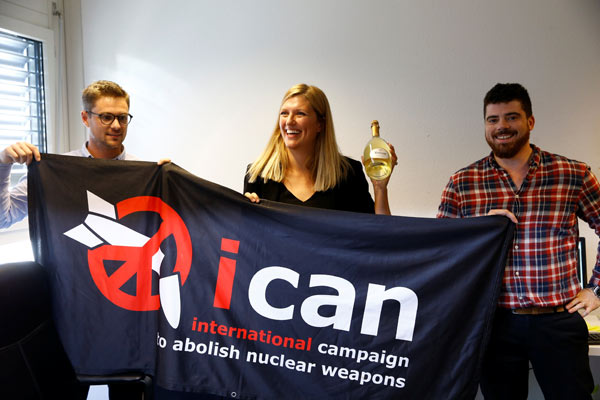 |
|
Beatrice Fihn, Executive Director of the International Campaign to Abolish Nuclear Weapons (ICAN) receives a bottle of champagne from her husband Will Fihm Ramsay (R) next to Daniel Hogsta, coordinator, while they celebrate after ICAN won the Nobel Peace Prize 2017, in Geneva, Switzerland October 6, 2017. [Photo/Agencies] |
OSLO -- The International Campaign to Abolish Nuclear Weapons (ICAN) won the 2017 Nobel Peace Prize Friday for its "efforts to achieve a treaty-based prohibition of such weapons," the Norwegian Nobel Committee announced.
"The organization is receiving the award for its work to draw attention to the catastrophic humanitarian consequences of any use of nuclear weapons and for its ground-breaking efforts to achieve a treaty-based prohibition of such weapons," Berit Reiss-Andersen, chairperson of the five-member committee, said in her announcement.
Nuclear weapons are not yet subject to any international legal prohibition such as land mines, cluster munitions and biological and chemical weapons face, she said. "Through its work, ICAN has helped to fill this legal gap."
ICAN, a coalition of non-governmental organizations from around 100 different countries, "has been a driving force in prevailing upon the world's nations to pledge to cooperate with all relevant stakeholders in efforts to stigmatize, prohibit and eliminate nuclear weapons," Reiss-Andersen said.
She said the Norwegian Nobel Committee wished to emphasize that the next steps towards attaining a world free of nuclear weapons must involve the nuclear-armed states.
"This year's Peace Prize is therefore also a call upon these states to initiate serious negotiations with a view to the gradual, balanced and carefully monitored elimination of the almost 15,000 nuclear weapons in the world," Reiss-Andersen said.
She noted that five of the states that currently have nuclear weapons -- the United States, Russia, Britain, France and China -- have already committed to this objective through their accession to the Treaty on the Non-Proliferation of Nuclear Weapons of 1970.
"The Non-Proliferation Treaty will remain the primary international legal instrument for promoting nuclear disarmament and preventing further spread of such weapons," she said.
There are 318 candidates for the Nobel Peace Prize for 2017, out of which 215 are individuals and 103 are organizations. This was the second highest number of candidates ever as the record of 376 candidates was set in 2016.




